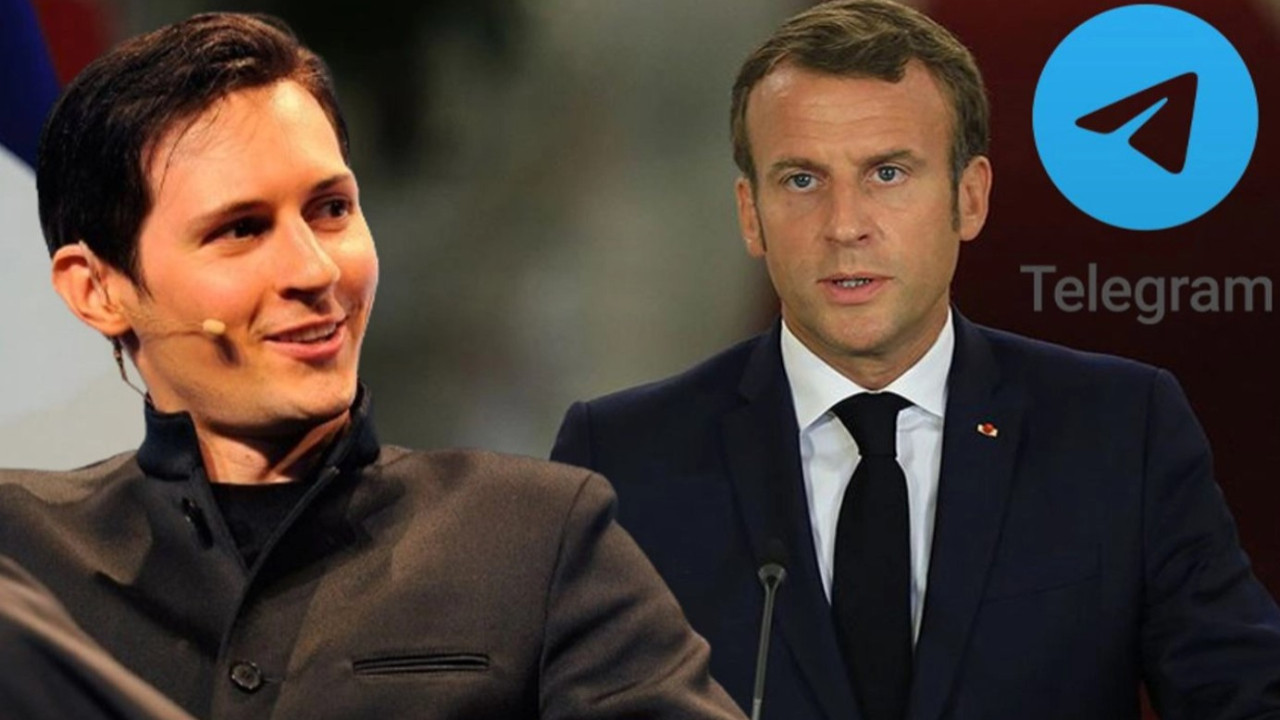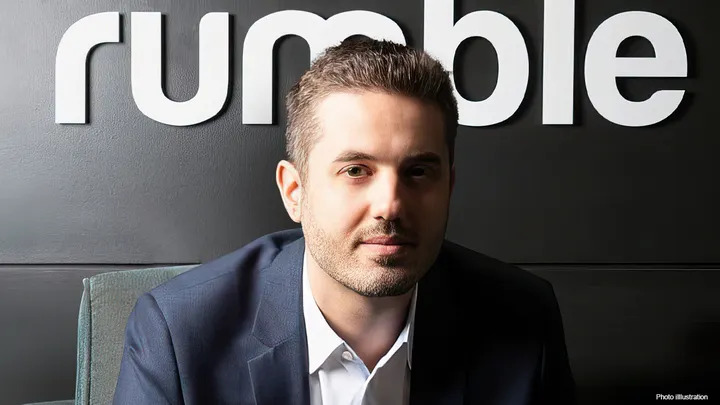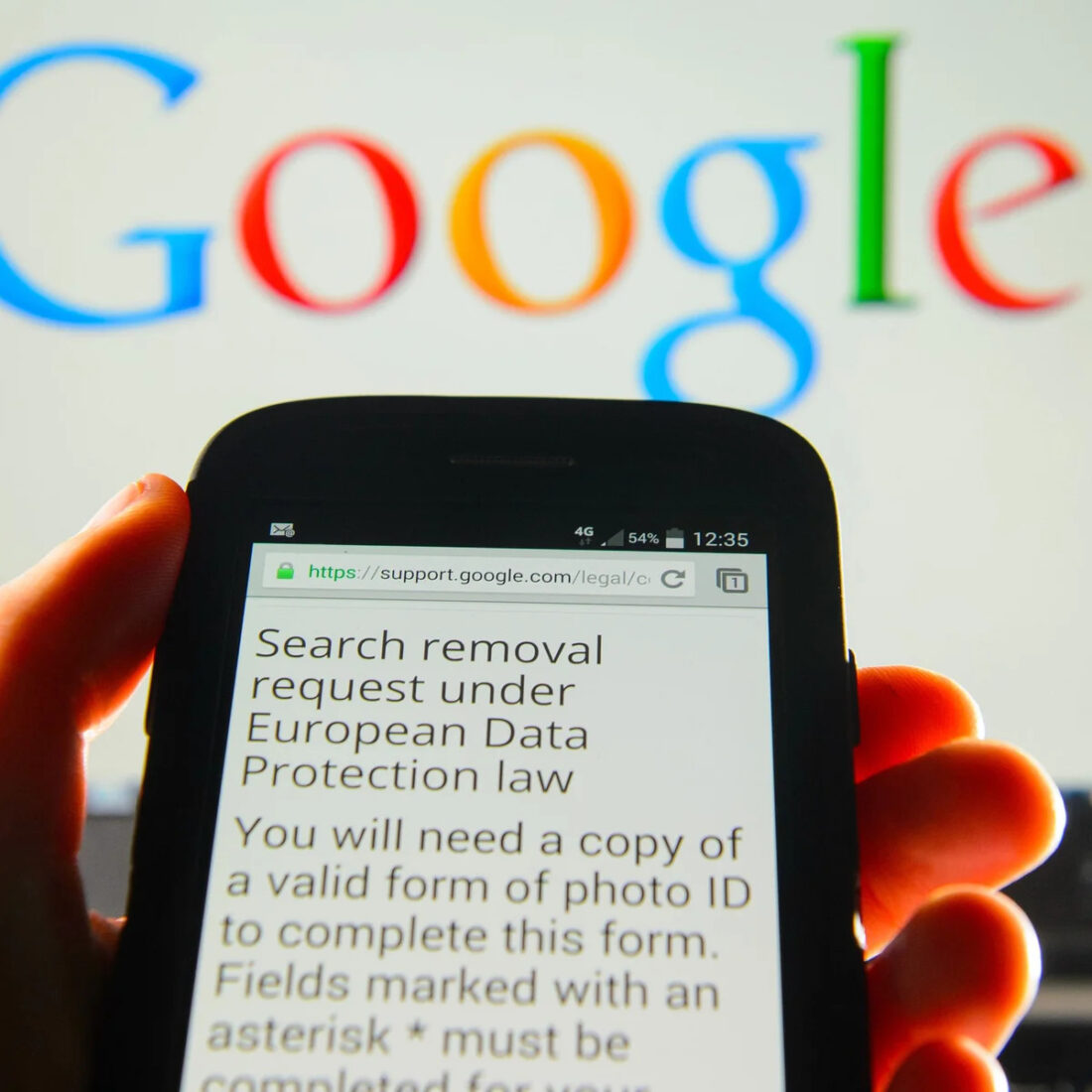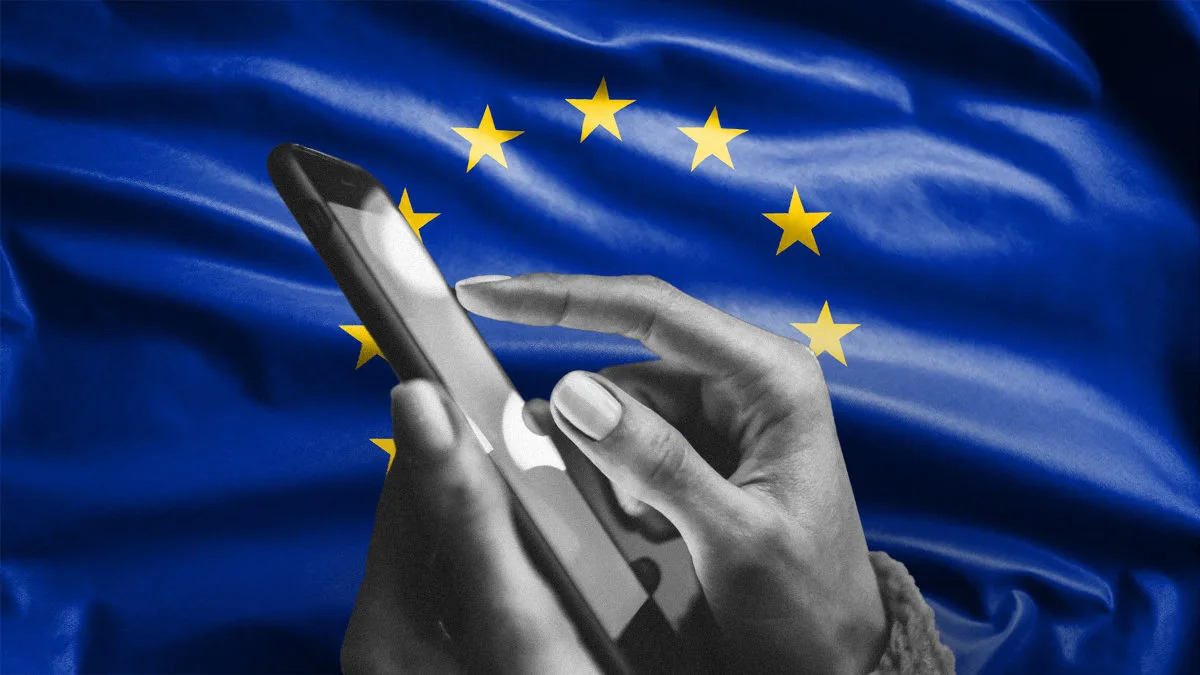Pavel Durov’s arrest and Chris Pavlovski’s exit: A new era of censorship in Europe?
 Recent developments in Europe have raised concerns about censorship (via Financial Times)
Recent developments in Europe have raised concerns about censorship (via Financial Times)
Recent events surrounding the detention of Telegram CEO Pavel Durov and the departure of Rumble CEO Chris Pavlovski from Europe raise pressing questions about the state of free speech on the continent. As European nations adopt increasingly stringent digital regulations, concerns are mounting about the potential erosion of freedom of expression and the impact on technological innovation.

Macron’s France and the arrest of Pavel Durov
On the surface, the arrest of Telegram CEO Pavel Durov appears to be a judicial matter. French President Emmanuel Macron emphasized that the detention was part of an ongoing investigation, unrelated to political motivations. However, the case has sparked a broader debate. French authorities have accused Telegram of facilitating illegal activities, including drug trafficking, terrorism, and fraud, due to a perceived lack of content moderation. Durov faces potential charges, prompting questions about whether this move is a genuine legal intervention or a covert attempt to clamp down on digital platforms that resist government demands for censorship.
Accusations against Telegram:
- Alleged failure to moderate harmful content.
- Accusations of facilitating illegal activities.
- Legal implications for free speech on platforms.
Moscow has responded with accusations of double standards, further inflaming tensions between France and Russia. Critics argue that this case reflects a broader European pattern of governments pushing digital platforms toward more stringent controls, often at the expense of free expression.

Rumble CEO’s departure: A stand against censorship?
In a parallel development, Chris Pavlovski, CEO of Rumble—a platform that positions itself as a free speech alternative to YouTube—left Europe in protest. His decision follows escalating pressure from French authorities, who had previously demanded Rumble censor Russian news sources. Pavlovski framed his departure as a stand against government overreach, asserting that Rumble would not bow to censorship demands. This move underscores a growing resistance among tech leaders to Europe’s regulatory framework, which they see as a threat to the very essence of free expression.
Key points of Pavlovski’s departure:
- French demands for censorship of Russian news.
- Legal actions against Rumble in French courts.
- Pavlovski’s stance on defending free speech.

What the data tells us: Content removals in Germany, France, and Sweden
The arrests and exits of major tech figures raise a larger question: Is Europe’s commitment to free speech wavering under the weight of its regulatory ambitions? While governments justify new rules as necessary to curb online hate speech and disinformation, critics warn that the sweeping scope of regulations like the Digital Services Act (DSA) could stifle legally permissible speech. For instance, studies have shown that a significant portion of content removed under European regulations was not illegal but rather fell into a gray area of controversial yet lawful expression.
Notable European regulations:
- The Network Enforcement Act (NetzDG) in Germany.
- The EU’s Digital Services Act (DSA).
- Increasing calls for content moderation and potential platform shutdowns.
According to The Future of Free Speech report, the majority of content removed in Germany, France, and Sweden was legal. In Germany, 99.7% of deleted content on Facebook and 98.9% on YouTube was legal, suggesting platforms are misapplying these laws.
This over-moderation is damaging free expression and eroding trust in social media platforms. Most of the content removed was general opinion, not illegal material. Platforms’ overly cautious behavior could suppress free speech and diminish the diversity of views essential to a democratic society.

Double-edged sword of regulation
While protecting citizens from harmful content is crucial, the overzealous application of digital laws could have unintended consequences. Platforms might be incentivized to over-moderate content, fearing hefty fines associated with non-compliance. This overcorrection can lead to the suppression of legal discourse, shrinking the space for open debate.
Consequences of over-moderation:
- Legal yet controversial content removed.
- A chilling effect on free expression.
- Potential decline in trust in digital platforms.
Is Europe’s security focus undermining free speech?
The actions of France and other European nations point to a delicate balancing act between ensuring public safety and upholding the fundamental right to free speech. However, as governments expand their regulatory reach, the risk of stifling innovation and freedom grows. The cases of Pavel Durov and Chris Pavlovski illustrate the growing tensions between state authority and digital platforms that champion free expression.
This moment marks a critical juncture for Europe—will it find a path that protects its citizens without undermining the freedoms that have long been its cornerstone?



